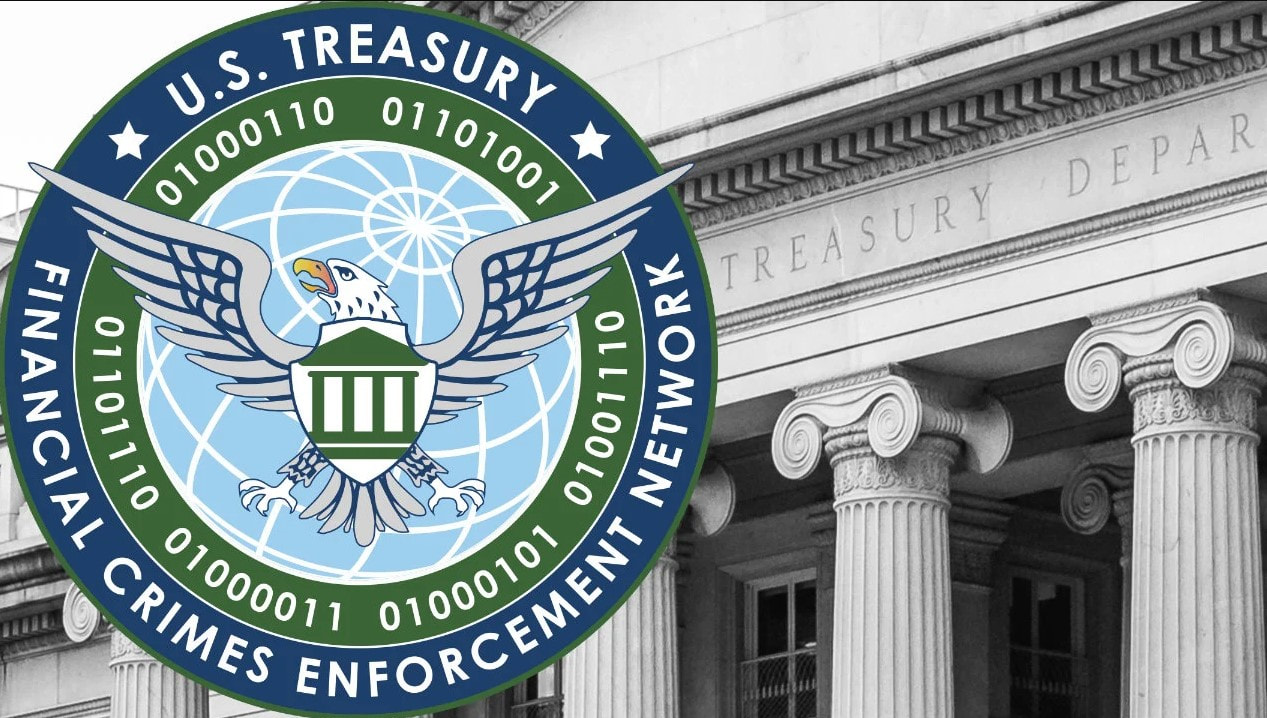On April 23, 2024, the Federal Trade Commission issued a rule which bars enforcement of most non-compete provisions against employees. The rule includes a comprehensive ban on non-competes entered into after the date of the rule, and makes it a violation to even enter into a non-compete.
Existing non-competes are only enforceable for “senior executives,” defined as policy-making employees whose annual compensation exceeds $151,164. Existing non-competes for other employees are unenforceable regardless of when they were agreed to. And, employers are required to provide notice to workers with existing non-competes that they are no longer enforceable.
The final rule does not apply to non-competes entered into by a person pursuant to a bona fide sale of a business entity. The final rule also does not apply where a cause of action related to a non-compete accrued prior to the effective date.
The new rule is to go into effect on September 4, 2024, but court challenges have already been filed. If the new rule goes into effect as currently written, employers will have to shift their emphasis to other legal forms of protection. Companies should begin taking steps to mitigate the heightened risks that will result from the FTC ban by implementing non-disclosure and non-solicitation agreements that provide protection against theft and disclosure of trade secrets and other confidential information. Companies should also consult with counsel to assess their existing use of non-competes and other restrictive covenants before the rule’s effective date.
Existing non-competes are only enforceable for “senior executives,” defined as policy-making employees whose annual compensation exceeds $151,164. Existing non-competes for other employees are unenforceable regardless of when they were agreed to. And, employers are required to provide notice to workers with existing non-competes that they are no longer enforceable.
The final rule does not apply to non-competes entered into by a person pursuant to a bona fide sale of a business entity. The final rule also does not apply where a cause of action related to a non-compete accrued prior to the effective date.
The new rule is to go into effect on September 4, 2024, but court challenges have already been filed. If the new rule goes into effect as currently written, employers will have to shift their emphasis to other legal forms of protection. Companies should begin taking steps to mitigate the heightened risks that will result from the FTC ban by implementing non-disclosure and non-solicitation agreements that provide protection against theft and disclosure of trade secrets and other confidential information. Companies should also consult with counsel to assess their existing use of non-competes and other restrictive covenants before the rule’s effective date.





